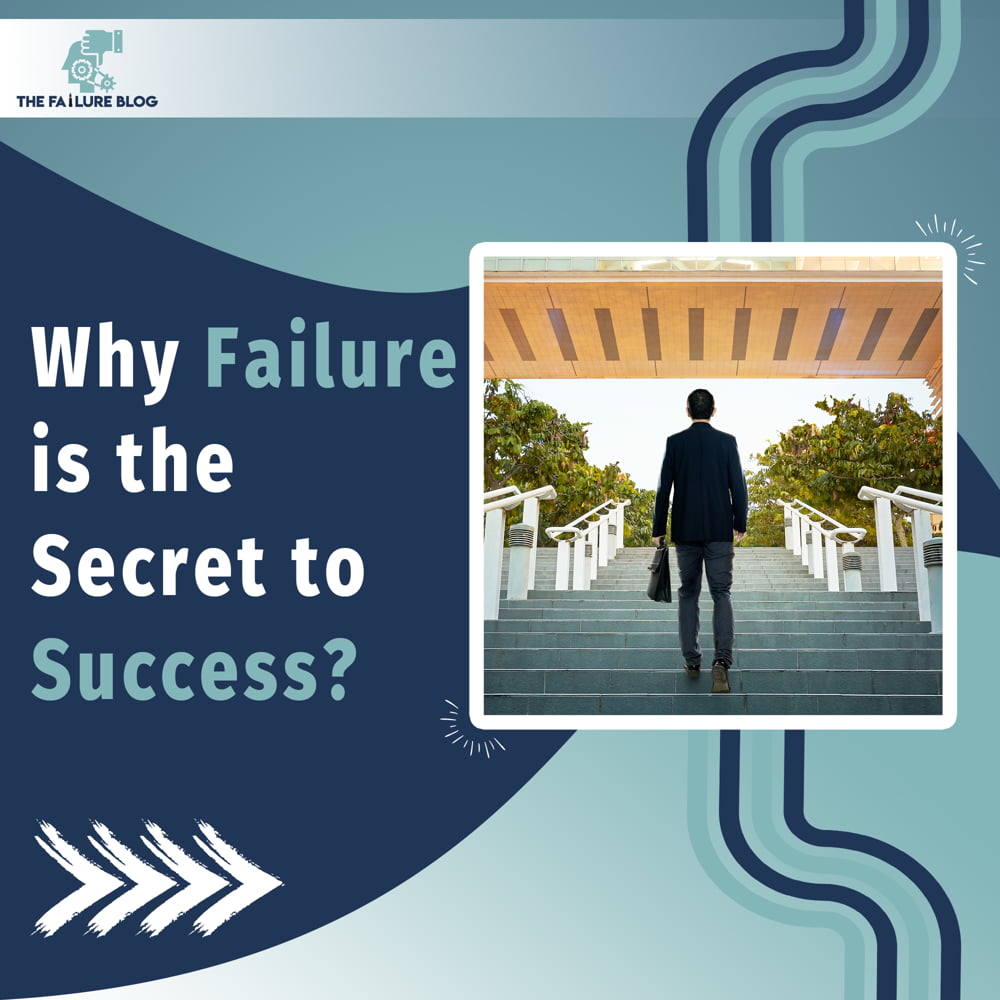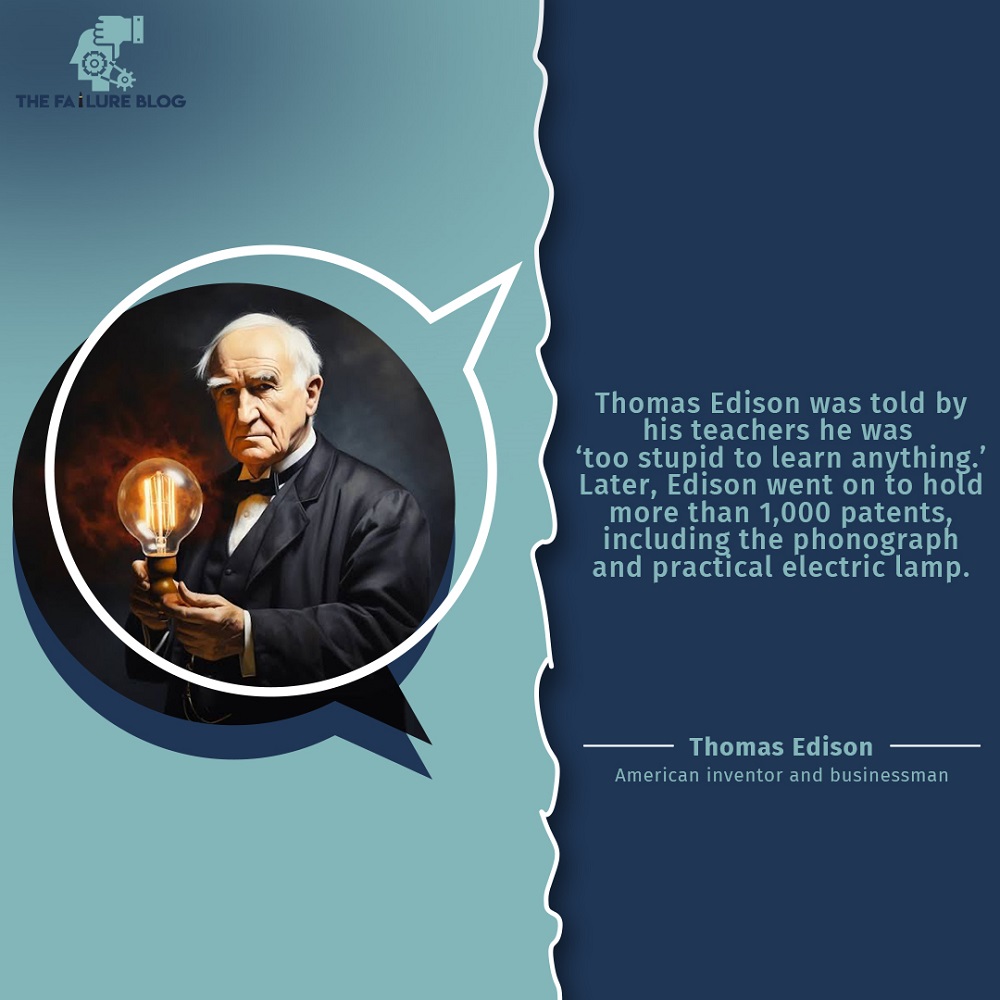
Success stories often capture our imagination. We see the achievements, the accolades, and the end results, but what we rarely see is the journey that led to that success. Behind every triumph lies a path filled with challenges, setbacks, and failures. It’s easy to admire the final product without understanding the numerous obstacles that had to be overcome. This hidden narrative is where the true essence of success resides.
In our culture, success is celebrated, while failure is stigmatized. We are conditioned to fear failure, viewing it as a sign of incompetence or lack of ability. This fear can paralyze us, preventing us from taking risks or stepping out of our comfort zones. However, this perspective is fundamentally flawed. The reality is that failure is an integral part of any success story. It’s not just a possibility but a necessity for growth and achievement.
When we shift our perspective and start to see failure as a crucial element of success, we unlock a powerful tool for personal and professional development. Failure teaches us resilience, enhances our problem-solving skills, and provides us with valuable insights that success alone cannot offer. It pushes us to innovate, adapt, and grow in ways we might not have imagined. So, instead of shying away from failure, we should embrace it as a stepping stone on our journey to success.
This understanding reframes failure from being a fearsome adversary to a trusted ally. It becomes clear that failure is not the end of the road but a critical component of the path to success.

The Learning Curve of Failure
Failure is a powerful teacher, offering lessons that success cannot. It forces us to analyze our actions and decisions, leading to better strategies. Each failure provides feedback on what doesn’t work, helping us refine our approaches. This process of learning from mistakes builds resilience and enhances self-awareness. Failure encourages innovation by pushing us to explore new ideas and solutions. It tests our determination and strengthens our character, fostering a growth mindset. By understanding and learning from failure, we gain the tools needed to achieve success, transforming setbacks into valuable opportunities for progress.
Building Resilience and Persistence
Experiencing failure helps build resilience and persistence. Each setback strengthens your ability to recover and push forward, reinforcing mental and emotional toughness. This resilience is crucial for long-term success as it prepares you to handle future challenges with a positive attitude. Instead of being discouraged, resilient individuals view failure as a temporary obstacle and remain committed to their goals. This persistence, driven by the experience of overcoming failure, ensures continuous progress and a steadfast pursuit of success, ultimately leading to the achievement of your aspirations.
Realigning Your Goals and Strategies
Failure offers a chance to reassess and refine your goals and strategies. When faced with setbacks, it’s important to evaluate what went wrong and adjust your approach. This reflection helps you clarify your objectives, ensuring they are realistic and aligned with your true priorities. By recalibrating your plans based on lessons learned, you enhance your chances of success. Adjusting your strategies allows you to move forward with greater focus and efficiency, turning past failures into a roadmap for future achievements. This proactive adjustment helps ensure that your efforts are directed toward achieving your revised goals effectively.
Cultivating Humility and Perspective
Failure helps develop humility and broaden our perspective. It serves as a reminder that success isn’t guaranteed and that everyone faces setbacks. This realization fosters a sense of humility, keeping our achievements in context and preventing arrogance. Additionally, experiencing failure shifts our focus from immediate goals to long-term growth. It encourages us to value the journey and appreciate the lessons learned along the way. By understanding that failure is a natural part of the process, we gain a clearer perspective on what truly matters and how to approach future challenges with a more balanced mindset.
Inspiring Innovation and Creativity
When an idea falls short, it challenges us to find new solutions and explore uncharted paths. This trial-and-error approach fuels creativity, leading to breakthroughs that wouldn’t emerge from success alone. Each setback encourages a fresh perspective and inventive thinking, driving us to develop unique solutions and improve our methods. By confronting and analyzing failures, we cultivate a mindset that values creative problem-solving, ultimately paving the way for significant advancements and novel ideas. Failure, therefore, becomes a catalyst for continuous improvement and inventive thinking.

Practical Tips for Embracing Failure
- Reframe Your Mindset: Instead of viewing failure as a negative outcome, see it as a step towards success. Each failure is a lesson learned.
- Reflect and Analyze: Take time to understand what went wrong and why. This reflection can provide valuable insights for future endeavors.
- Stay Persistent: Don’t let failure deter you. Keep pushing forward, and remember that persistence often leads to breakthroughs.
- Be Adaptable: Be willing to pivot and adjust your strategies as needed. Flexibility is key to overcoming setbacks.
- Seek Feedback: Don’t be afraid to ask for feedback. Constructive criticism can help you identify areas for improvement and guide your growth.
Conclusion
Failure is far from a dead end—it’s a powerful catalyst for success. It molds us into stronger, more innovative individuals by revealing our true potential. Studies show that people who view failure as a learning opportunity are significantly more likely to achieve their goals. Instead of fearing failure, see it as a valuable experience that refines your path and sharpens your skills. Each setback brings you one step closer to mastering your craft. So, let every failure fuel your drive and curiosity. The journey through challenges not only leads to success but also crafts a story of resilience and triumph.





Leave a Reply